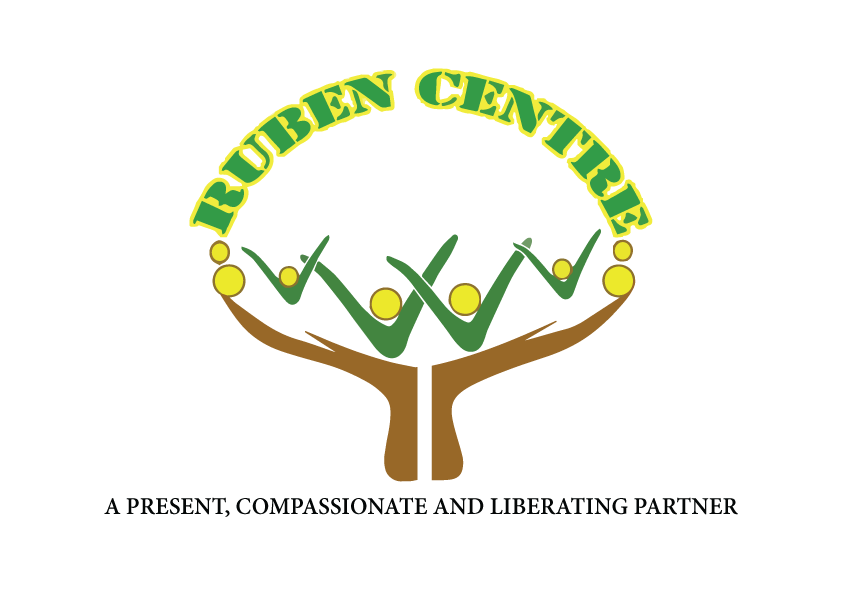Just Another Day, Part 3
Beasts, dragons, and other symbolic monstrous creatures populate the final book of the Old Testament—the Apocalypse. Over the past two weeks, as the Church's liturgical year concluded on November 30th, the daily readings came from this book, vividly depicting the end of the world. It conjures images of dread and drama, painting a striking picture of an apocalyptic finale to the world we know and depend upon.
As I reflect on the end of 2024, there may not be seven-headed dragons looming to devour us, but real threats to life as we know it abound. Rapid climate change brings worsening floods, droughts, storms, rising sea levels, and extreme heat events. Human activity compounds these dangers: wars, uncontrollable pandemics, the disruptive potentials of artificial intelligence and quantum computing, youth alienation from societal benefits, and, heaven forbid, the rampant spread of misinformation on social media, eroding any shared sense of truth or reality.
Every day, I—and many others—face the challenge of pretending “everything is normal” while carrying out our responsibilities. Yet sometimes, these broader crises manifest in smaller, personal upheavals. Thursday, the last day of the month, was one such day. Arriving at Ruben Centre at 7:30 a.m., I was greeted by the sight of an ambulance, its sirens blaring as it rushed out. “A newborn from our unit is struggling to breathe,” the driver informed me. I hoped this wouldn’t set the tone for the day—a sentiment echoing my father’s familiar warning: “Don’t push your luck, or it’ll end badly.”
My day began with a scheduled two-hour meeting with a partner from the Mukuru Slums Development Projects. The rest, as always, was left to fate. First, the bank summoned us for long-overdue paperwork to officially change our health facility’s name to Ruben Health Centre. This ordeal had been dragging on since July, draining our energy and patience. However, to our surprise, the bank officer was cooperative, and—by some miracle—the name change was finally completed.
Feeding the multitude, each day.
Next came troubling news from security: a mob of angry youth was reportedly planning to storm the Centre on Tuesday to protest unpaid prizes from a recent football tournament. “They’re threatening to burn the place down,” the guard said. I couldn’t resist a quip: “Are they sending a seven-headed dragon to do it?” Amid this chaos, the construction supervisor overseeing the expansion of classrooms for Grade 9 learners in 2025 reported children entering restricted areas. Despite the school holidays, we’d continued providing lunch for hungry kids, given the dire economic situation. Managing this better was promptly added to my growing to-do list.
By now, I desperately hoped for something to redeem this turbulent day. Relief arrived in the form of the Nutrition Program—and the Mukuru women. Three months ago, our nutritionist highlighted a spike in malnourished babies due to the harsh economic climate. Together, we identified 30 mothers of malnourished children and invited them to participate in ten weekly afternoon sessions focused on affordable, nutritious cooking for their babies. On the first day, the babies were weighed. On the final day—this Thursday—they were weighed again. The mothers were eager to celebrate their success. Nutritionist Alice escorted me to the kitchen, where a choir of women chanted my name. They gathered around, thrusting babies into my arms and excitedly sharing their stories.
Br. Frank receiving cake baked by the mothers.
“Four kilos added! Look, Brother Frank!” one mother exclaimed, beaming with pride. Others followed suit, enthusiastically recounting their newfound knowledge of food types, cooking methods, and daily nutritional needs. Their joy echoed sentiments from today’s reading in Revelation: “Great and wonderful are the works of the Lord God Almighty!” One mother, speaking on behalf of the group, presented me with a beautifully decorated cake baked in the new charcoal oven we’d purchased for the program. Deeply moved by their gratitude, I held up a baby, thanked them wholeheartedly, and encouraged them to continue being the most caring mothers in the world. Walking away with the cake, I carried something far more valuable—a profound realization. The Mukuru Slums and its people provide a privileged context for living the gospel. Witnessing these women’s resilience and triumphs was a revelation, a reminder that amidst threats and chaos, hope endures.
As the Book of Revelation proclaims: “A great crowd in heaven sang, ‘Alleluia! Victory and glory and power to our God!’” (Revelation 19:1)
By: Frank O’Shea
Edits: GB


